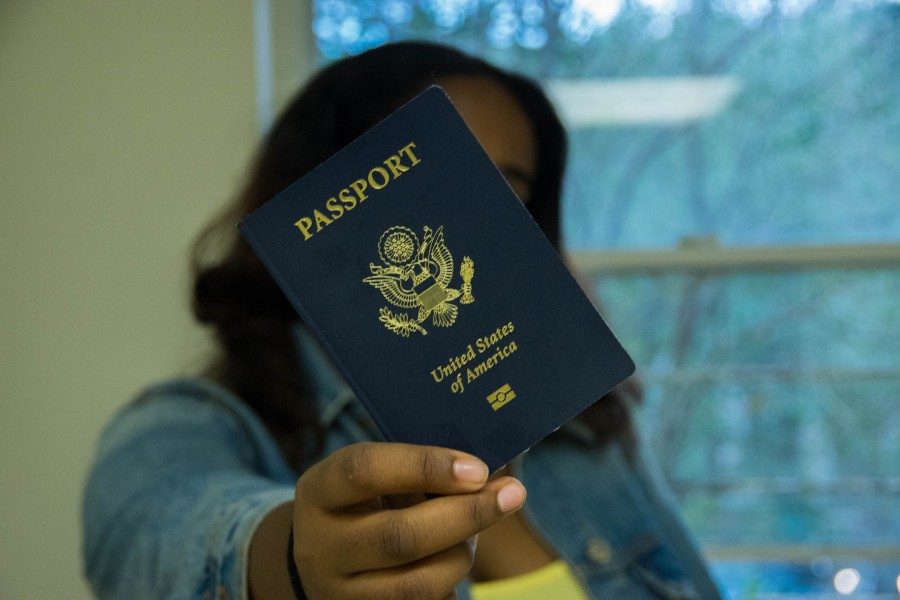Office of Study Abroad to offer free passports for students
The Office of Study Abroad and the Council on International Educational Exchange will be providing free passports for students as part of CIEE’s Passport Caravan program in an effort to make study abroad more accessible for undergraduate students.
Eligibility for the free passport requires that students be degree-seeking undergraduate students, U.S. citizens, first-time passport applicants and not in their senior years at Tulane.
To support students in the process, U.S. passport agents will come to campus in February to get the applications filed. Applicants will need to submit an unsigned U.S. passport application, proof of U.S. citizenship, proof of identity and a recent color photograph.
As of 2016, Tulane is the School of Record for CIEE, a program that runs study abroad programs all over the world. The partnership between the Office of Study Abroad and CIEE has allowed Tulane to be a part of the organization’s major initiatives, including the passport caravan, which the organization is holding at 100 different universities this year.
According to the CIEE website, the organization’s main goal in implementing the passport program is to “support diverse students who are underrepresented in today’s study abroad population.”
“To them that means first-generation students, minority students, students that have had financial need,” Emily Capdeville, data control specialist at the Center for Global Education, said. “Basically they are really working to remove barriers for students that wouldn’t think study abroad is possible, so for them that starts as early as a passport, which is a really expensive sort of thing. It is $135 to get it.”
Capdeville said there are many students who think studying abroad is not an option for them at all. She said some STEM students think it is impossible to go abroad on a pre-medical or engineering track, but in reality, an international experience may be feasible for them.
“That is part of the reason that the outreach is hard because we are trying to get students that wouldn’t naturally come into our office,” Capdeville said.
The Passport Caravan has sparked significant interest, but there are still 80 spots left for students to sign up. Amanda Verdi, Office of Study Abroad peer advisor, has been reaching out to students who may be eligible for the program.
“I think our biggest challenge for Passport Caravan is getting the word out to all students about the program and specifically to the students who are eligible for the program,” Verdi said. “This program is an amazing opportunity for our community, and I hope everyone is able to take advantage of it.”
The issued passports will be valid for 10 years, making the passport a valuable resource for students not only during their time at Tulane but for their future as well.
“You never know where your life or career will take you in the next decade, and you may need a passport,” Verdi said. “In an increasingly globalized society, more and more people are going abroad, and international travel is becoming cheaper and easier. So, save yourself the cost and hassle later, and get your passport now – you never know when you’ll need it.”
Leave a Comment
Your donation will support the student journalists of Tulane University. Your contribution will allow us to purchase equipment and cover our annual website hosting costs.

















Tammy • Dec 3, 2017 at 6:51 pm
What a wonderful opportunity thank you for all your efforts .